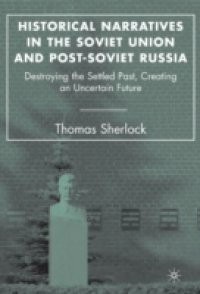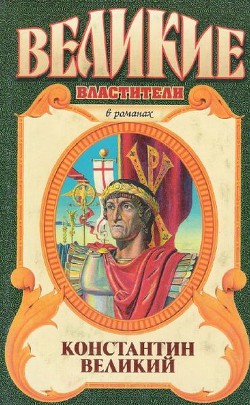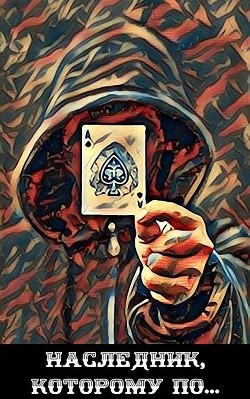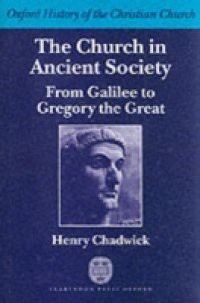This book investigates the significance of historical narratives in Soviet and post-Soviet space. Encompassing reform under Mikhail Gorbachev and retrenchment under Vladimir Putin, it explains the political, social, and cultural importance of a polity?s myths. Charting the rise of anti-Soviet and anti-communist narratives under perestroika, and their eventual marginalization in post-Soviet Russia, the book argues that changes in symbolic politics must be examined within cultural, socio-political, and international contexts. Of particular relevance is the interactive relationship between state and society. The study of historical discourse must focus not only on how and why the state imposes its discursive preferences on society, thereby shaping public memory, but also on why and how the state itself is constructed by prevailing narratives in society.



 9 (1)
9 (1) 














